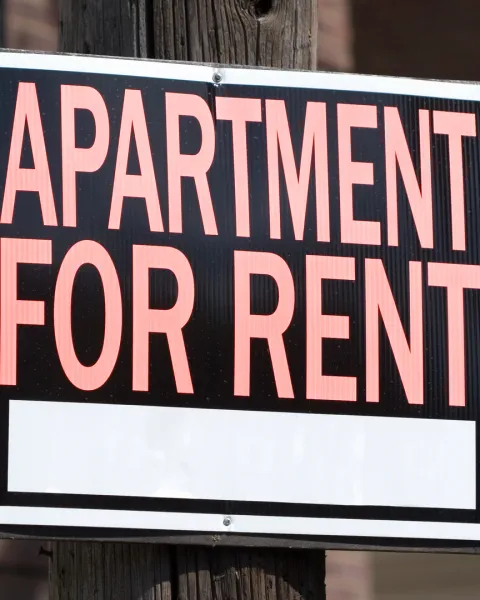The source-of-income antidiscrimination statute in the New York State Human Rights Law (NYSHRL) is unconstitutional as it violates the Fourth Amendment of the U.S. Constitution, New York State Supreme Court Judge Mark G. Masler, presiding in Cortland County, has ruled. People v. Commons W., LLC, 2023 NY Slip Op. 23213 (Sup. Ct. June 27, 2023).
Judge Masler found landlords participating in Section 8 housing vouchers were compelled to consent to warrantless searches of their records and properties, as a condition of participating in Section 8, in violation of the Fourth Amendment.
NYSHRL; Section 8
The NYSHRL’s source-of-income antidiscrimination statute (N.Y. Exec. Law § 296(5)(a)(1)) makes refusing to “sell, rent, or lease a housing accommodation” to an individual because of their lawful source of income a discriminatory practice. Under the NYSHRL (N.Y. Exec. Law § 292(36)), an individual’s lawful source of income includes any federal or state housing assistance, including, but not limited to, assistance provided through the Housing Choice Voucher Program, more commonly known as Section 8.
Section 8 is a federal government assistance program that provides vouchers to eligible low-income families. Although participation in Section 8 is a voluntary program at the federal level, a voucher cannot be accepted as rent payment without the landlord’s participation in the program through a Housing Assistance Payment (HAP) contract with a Public Housing Agency. Significantly, the HAP contract requires a property owner to consent to an inspection of their properties and records to determine the reasonableness of the unit and rent requested.
Constitutional Challenge
In this case, the attorney general of the State of New York challenged the refusal of the landlords of numerous residential properties to participate in the Section 8 voucher program, arguing it constituted impermissible source-of-income discrimination in violation of the NYSHRL.
In the petition, the attorney general sought a permanent injunction enjoining the landlords from refusing to rent or lease apartments to recipients of Section 8 housing assistance, among other relief. The landlords moved to dismiss, arguing the source-of-income antidiscrimination statute was unconstitutional, as it mandated them to participate in Section 8 and, by doing so, compelled them to enter into a contract providing the government with “full and free access to the contract unit and the premises,” as well as access to their “computers, equipment, or facilities containing … records,” in violation of the Fourth Amendment.
Violation of Fourth Amendment
Judge Masler agreed with the landlords’ argument, concluding the source-of-income discrimination statute violated the Fourth Amendment as it required property owners to consent to warrantless searches of their property and records.
Judge Masler emphasized that, even though Section 8 is a voluntary program at the federal level, the source-of-income protections provided by the NYSHRL compelled property owners to participate in Section 8 and all attendant requirements, including authorizing the government to conduct warrantless searches of a landlord’s property and records. Judge Masler expressly rejected the attorney general’s argument that there was no reasonable expectation of privacy in a property owner’s business records. Judge Masler found that renting residential apartment units was not classified as a “closely regulated industry” (like liquor sales and firearms dealing) with a history of government oversight such that no reasonable expectation of privacy could exist.
Jackson Lewis attorneys continue to monitor further developments, including the decision on appeal. If you have any questions, the Jackson Lewis Real Estate Industry Group members are available to assist.
(Summer law clerk Eric J. Simon contributed to this article.)
© Jackson Lewis P.C. This material is provided for informational purposes only. It is not intended to constitute legal advice nor does it create a client-lawyer relationship between Jackson Lewis and any recipient. Recipients should consult with counsel before taking any actions based on the information contained within this material. This material may be considered attorney advertising in some jurisdictions. Prior results do not guarantee a similar outcome.
Focused on employment and labor law since 1958, Jackson Lewis P.C.’s 1,100+ attorneys located in major cities nationwide consistently identify and respond to new ways workplace law intersects business. We help employers develop proactive strategies, strong policies and business-oriented solutions to cultivate high-functioning workforces that are engaged and stable, and share our clients’ goals to emphasize belonging and respect for the contributions of every employee. For more information, visit https://www.jacksonlewis.com.



